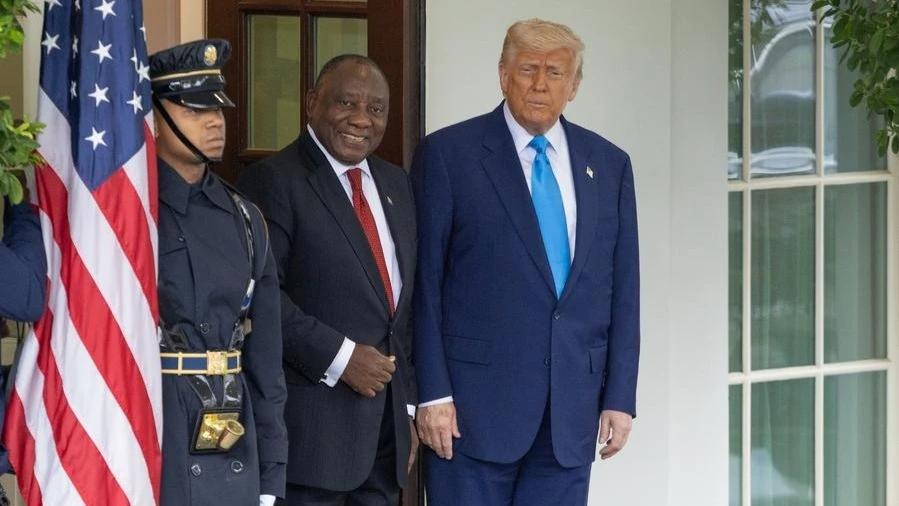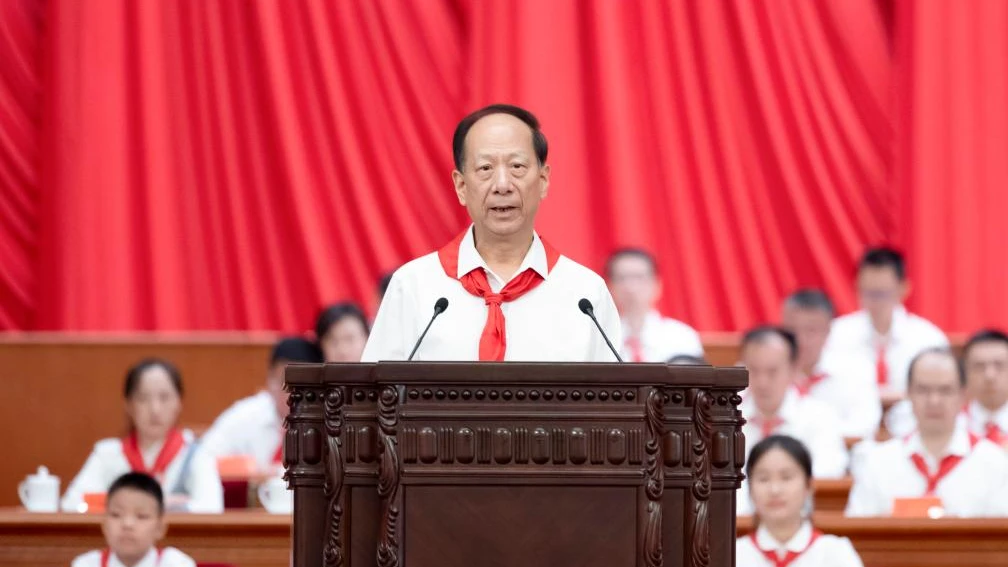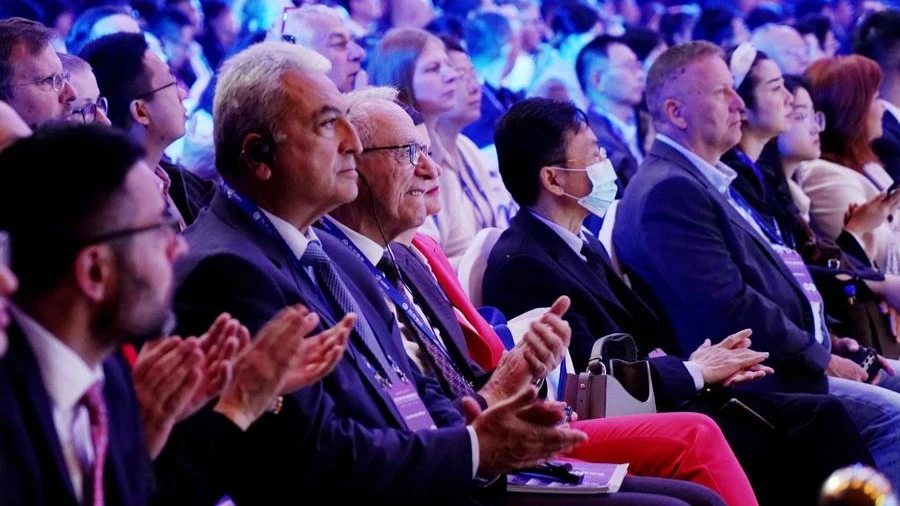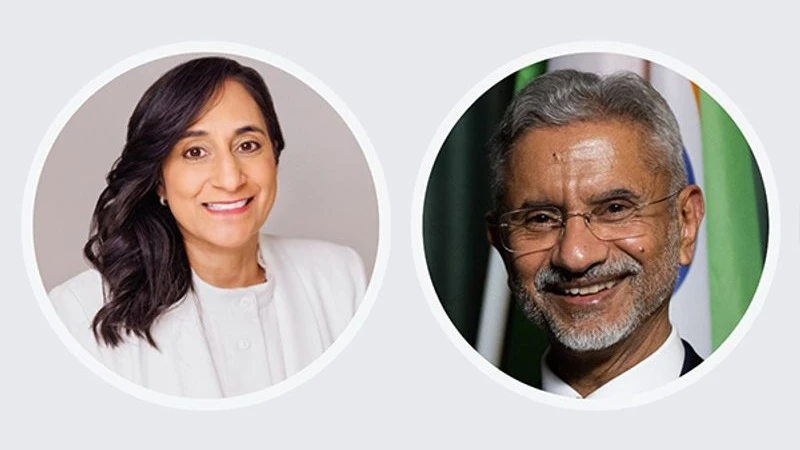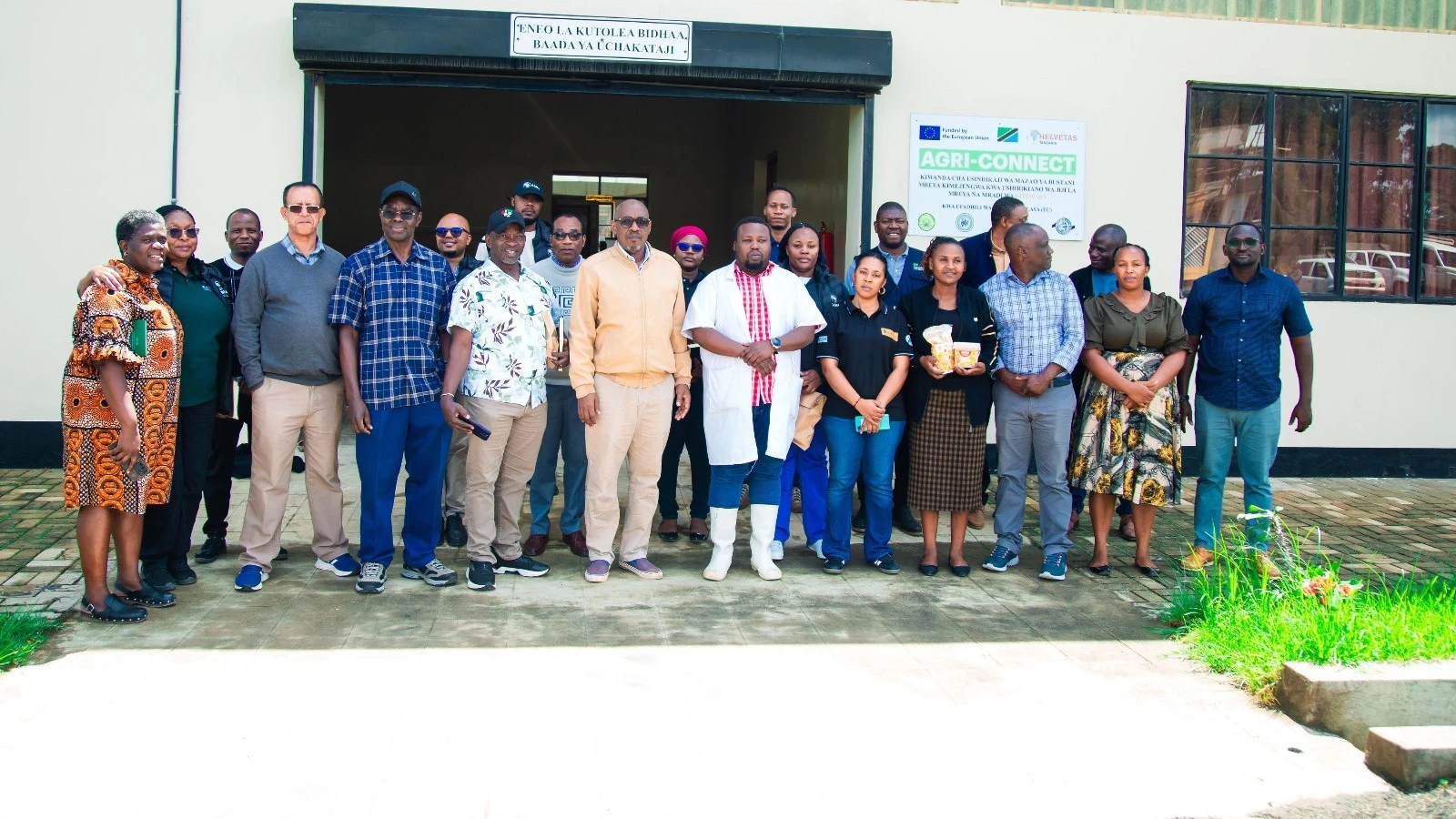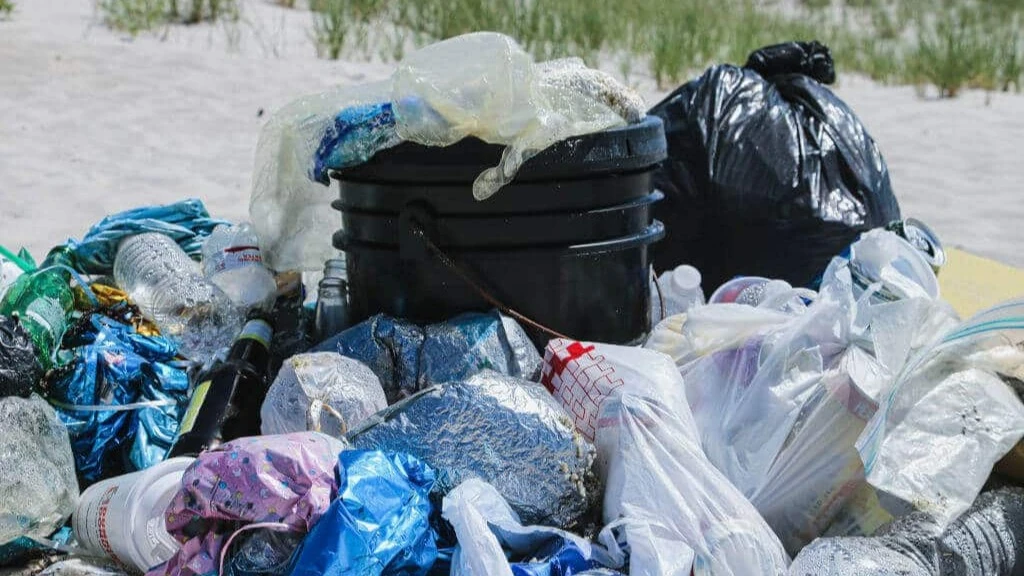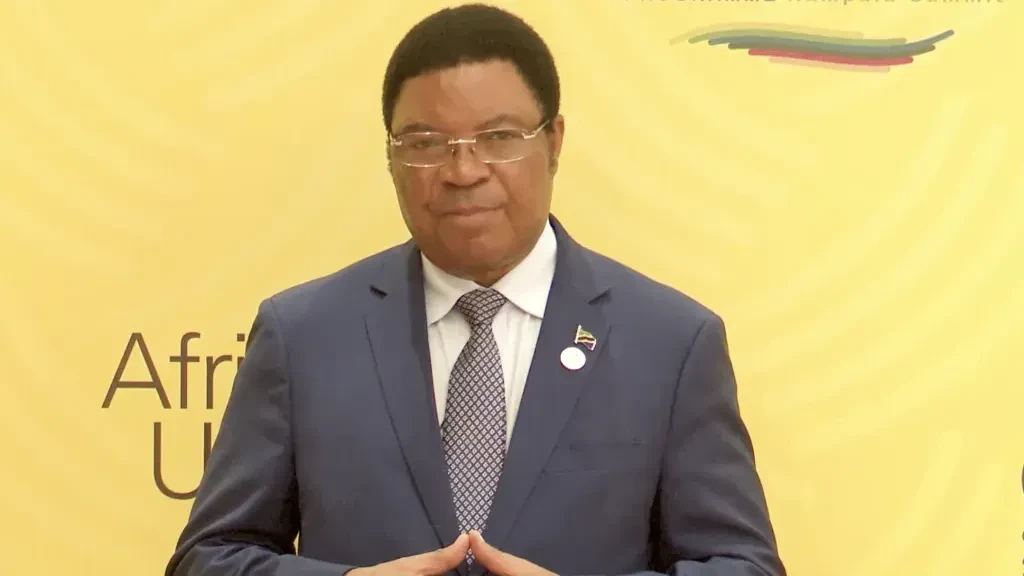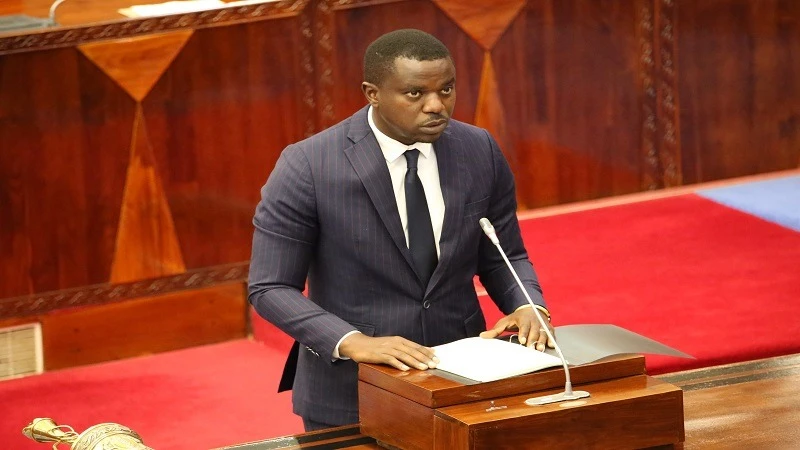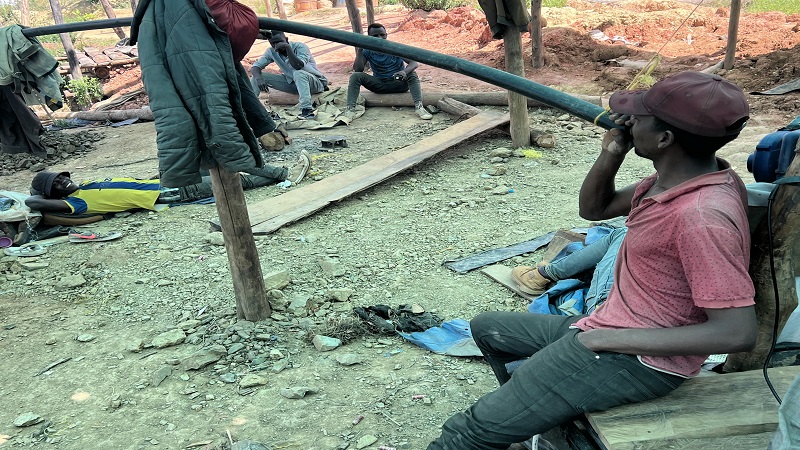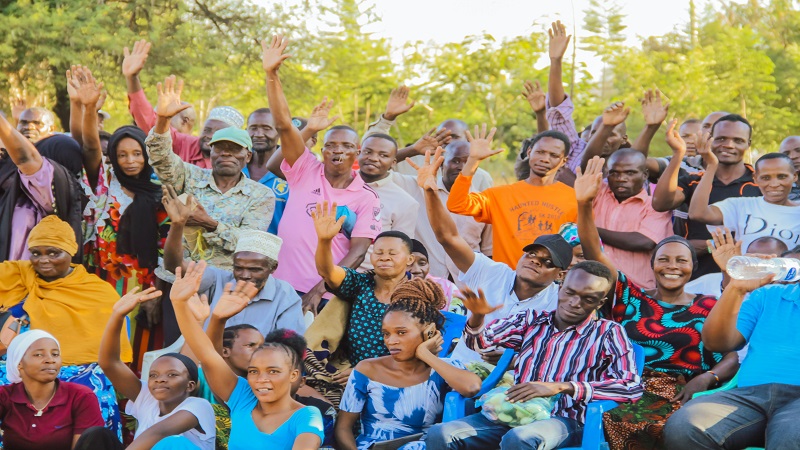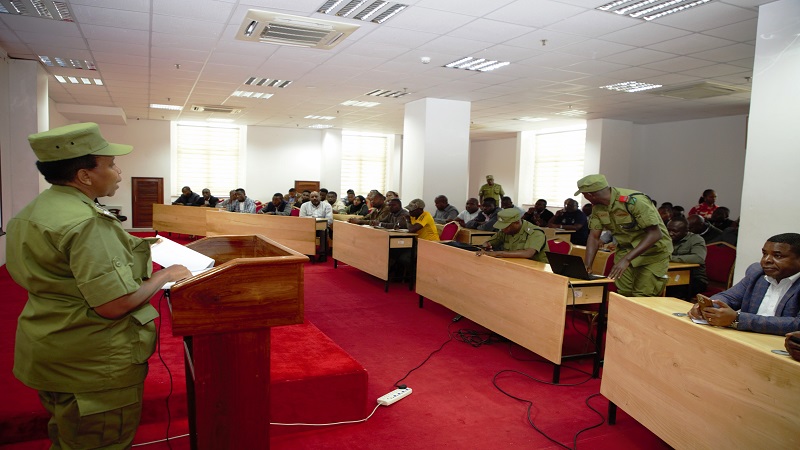Govt readies digital ID for minors, even from abroad
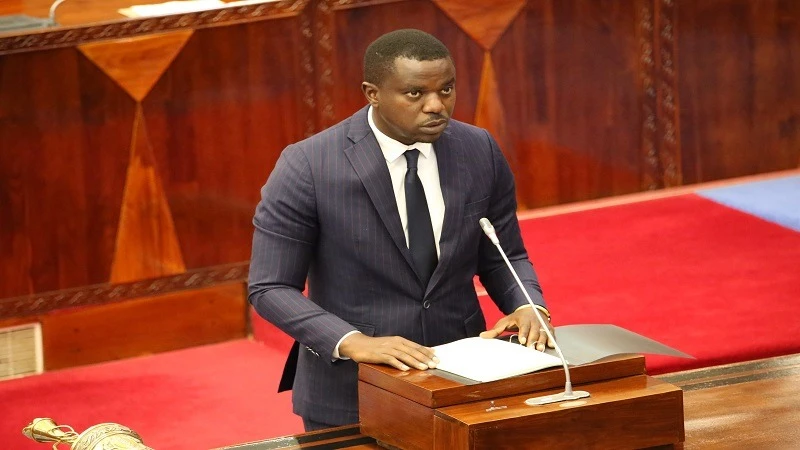
THE government is set to introduce the social number, a unified digital identity for all individuals under 18, including foreign nationals entering the country.
Innocent Bashungwa, the Home Affairs minister, made this observation when tabling estimates of 2.06trn/- for fiscal 2025/26 in the legislature here yesterday, saying that the move is part of broader efforts to modernize public services and tighten internal security.
The initiative will ensure that every child born in Tanzania receives a digital identity before leaving hospital, while streamlining access to public and private services, reducing reliance on multiple ID cards and offering lifelong identification from birth to death, he stated.
A total of 11.34bn/- has been allocated for a pilot phase targeting 235,826 minors in Unguja South (Zanzibar), Kilolo (Iringa Region), and Rungwe (Mbeya Region), to identify and address operational challenges ahead of a nationwide rollout during fiscal 2026/27, he explained.
The National Identification Authority (NIDA) has completed the development of an integrated portal connecting its databases with those of the Immigration Department, the Registration Insolvency and Trusteeship Agency (RITA) and the Zanzibar Civil Status Registration Agency, he said.
This will enable real-time data sharing and instant ID issuance, including at hospitals, airports and border posts, he affirmed, pointing at plans to recruit 7,666 new staff.
These will include 5,237 police officers, 1,000 firefighters, 766 prison officers, 457 immigration officers and 56 administrative personnel, while taking on 150 recruits to support the youth registration drive, he said.
Similarly, 12,272 employees in the ministry are slated for promotion, with the police force accounting for over 8,000 of them, while launching the Safe Cities Project installing 4,100 surveillance cameras in Arusha, Dodoma and Dar es Salaam.
This initiative, pegged at $145.2m where $80m is a concessional loan from the Abu Dhabi Exports Office, is expected to help deter urban crime due to advanced monitoring, he said.
This year’s estimates mark a 21 percent increase from 1.71trn/- in 2024/25, reflecting a stronger national focus on public safety, digitisation and recruitment, the minister asserted.
He also highlighted a 13.5 percent drop in cybercrime cases over the past year, saying it was due to police operations, public awareness and collaboration with the Tanzania Communications Regulatory Authority (TCRA).
He warned nonetheless that cybercrime remains a global threat demanding utmost vigilance, with recent joint operations leading to 66 arrests in Morogoro, Rukwa, and Dar es Salaam regions, he said.
He appealed to Tanzanians in the Diaspora to reject any attempts to involve them in activities that undermine national interests, stressing the importance of patriotism in a connected world.
To improve the welfare of security personnel, the government has allocated 22.5bn/- for the construction and renovation of residential housing for various sections of the police force, he said.
The government is also making progress in decongesting prisons, with inmate numbers dropping by over 6,600 since 2020/21 to 27,088 remandees, 20 percent below official capacity—thanks to case handling reforms and alternative sentencing, he said.
Contributing to debate, MPs condemned growing interference in Tanzania’s internal politics by foreign activists, particularly from Kenya. Joseph Musukuma (Geita Rural) criticized what he termed disrespectful activism, warning that Tanzania would not accept “political tutoring” from outsiders.
“We are politically aware and self-sufficient,” he said, praising security forces for maintaining stability, sentiments echoed by Jesca Msambatavangu (Iringa Urban) who called on Kenyan President William Ruto to rein in activists from his country and focus on strengthening bilateral ties.
Felista Njau (Special Seats Opposition) insisted that mocking President Samia Suluhu Hassan online was provocation, not free speech.
Tauhida Gallos, Boniphace Getere and Elibariki Kingu echoed the call for firm action against local and foreign individuals who demean the presidency, vowing to defend national unity and the dignity of the Head of State.
Top Headlines
© 2025 IPPMEDIA.COM. ALL RIGHTS RESERVED








